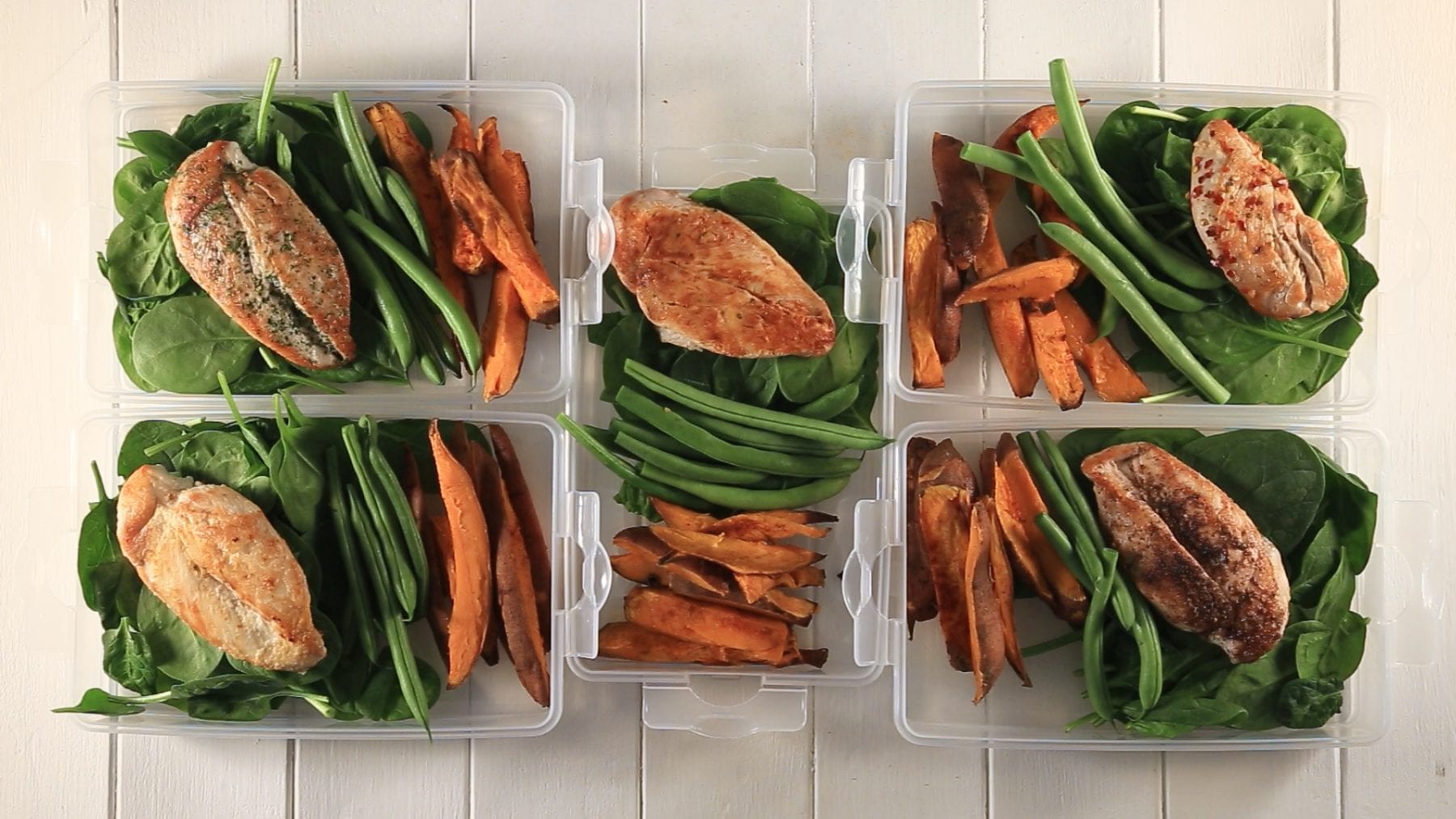Why Eating a Light Breakfast is Important
Breakfast is often referred to as the most important meal of the day, and for good reason. It kick-starts your metabolism, provides you with the energy you need to start your day, and can help you make healthier food choices throughout the day. However, it’s important to choose the right foods for your breakfast to ensure that you’re getting the most out of this important meal.
Benefits of a Light Breakfast
When it comes to breakfast, lighter options can offer numerous benefits. Here are a few reasons why opting for a light breakfast is a great choice:
- Improved Digestion: Lighter breakfast options are easier for your body to digest, which can help prevent that uncomfortable, sluggish feeling that can come from eating a heavy meal first thing in the morning.
- Increased Energy: A light breakfast can provide you with the energy you need to start your day without weighing you down.
- Healthier Choices Throughout the Day: Starting your day with a light, nutritious breakfast can set the tone for healthier food choices throughout the day.
What to Include in a Light Breakfast
So, what should you include in a light breakfast? Here are some ideas for nutritious and satisfying options:
- Fruit: Fresh fruit is a great choice for a light breakfast. It’s packed with vitamins, minerals, and fiber, and can be enjoyed on its own or added to yogurt or oatmeal.
- Yogurt: Opt for plain, low-fat yogurt and add your own fresh fruit and a sprinkle of granola for a light and satisfying breakfast option.
- Oatmeal: A bowl of oatmeal made with water or low-fat milk and topped with a small amount of nuts or seeds is a great way to start your day with a light and filling meal.
- Eggs: Eggs are a fantastic source of protein and can be prepared in numerous ways for a light and satisfying breakfast. Try a simple omelet with plenty of veggies for a nutritious start to your day.
- Whole Grain Toast: A slice of whole grain toast topped with a thin layer of nut butter and sliced banana or berries is a simple and satisfying breakfast option.
Tips for Eating a Light Breakfast
Here are a few tips to help you make the most of your light breakfast:
- Focus on Nutrient-Dense Foods: Choose foods that are rich in nutrients and low in added sugars and unhealthy fats.
- Stay Hydrated: Start your day with a glass of water to rehydrate after a night’s sleep.
- Listen to Your Body: Pay attention to your hunger and fullness cues, and eat until you’re satisfied but not overly full.
- Plan Ahead: If you’re short on time in the mornings, prepare some of your breakfast items the night before to make mornings easier.
Conclusion
When it comes to breakfast, lighter options can offer numerous benefits. By choosing nutrient-dense, satisfying foods and paying attention to your body’s hunger and fullness cues, you can start your day off on the right foot with a light and nutritious breakfast.
Delicious Light Breakfast Recipes to Start Your Day
For those looking to integrate the principles of a light breakfast into their daily routine, our guide offers several mouth-watering recipes that are perfect for starting the day right without feeling weighed down. Among the recommended dishes to try are the Mixed Berry and Greek Yogurt Parfait Recipe, known for its fresh, antioxidant-rich berries and creamy yogurt, and the Avocado Toast with Poached Egg Recipe, which combines heart-healthy fats and high-quality protein. Additionally, the Spinach and Feta Omelet Recipe is a great choice for those seeking a meal rich in protein and iron. These recipes are not only nutritious but also simple to prepare, making them ideal for busy mornings.











